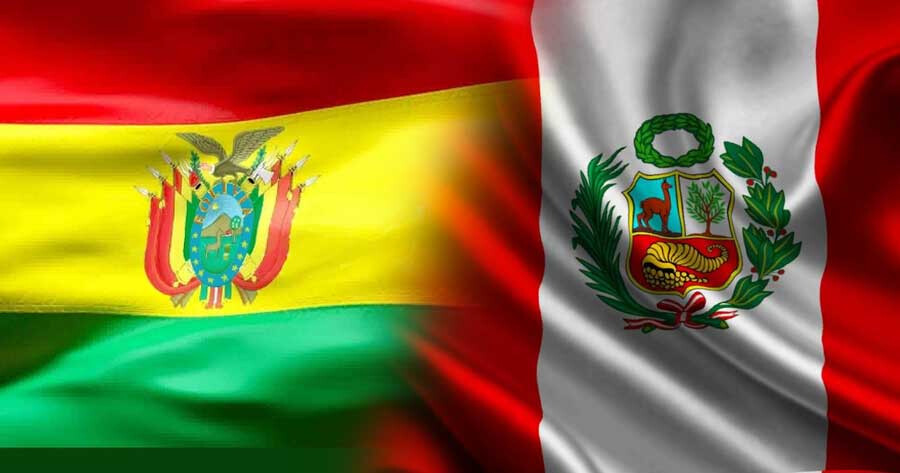
La Paz, Bolivia – In a move to deepen their cultural ties, the Central Bank of Bolivia Cultural Foundation (FC-BCB) and the Embassy of Peru in Bolivia, representing the Peruvian Ministry of Foreign Affairs, have entered into a significant cultural alliance. The agreement, signed recently, is designed to promote and strengthen cultural diffusion between the two neighboring countries.
A central component of this alliance will be the reinforcement of collaboration through key platforms, most notably the prestigious Annual Meeting of Ethnology (RAE). This event will now benefit from enhanced participation by Peruvian specialists, facilitated by the Peruvian Embassy. This will serve to significantly enrich the exchange of knowledge and experiences between Bolivian and Peruvian ethnologists and cultural experts.
"Culture is a bridge that unites peoples, and with this signing, both countries ratify their commitment to the diffusion, appreciation, and protection of their shared heritage," an official statement explained.
The FC-BCB emphasized that the alliance represents a substantial step forward in the cultural integration of Bolivia and Peru, reinforcing the bonds of brotherhood and encouraging intercultural dialogue.
The agreement, which takes effect immediately, has an initial duration of three years, with the option for renewal, demonstrating the long-term commitment of both parties to this cultural partnership.
To ensure the successful implementation of the agreement, coordination will be handled by the Directorate of the National Museum of Ethnography and Folklore (MUSEF) and the Cultural Affairs Office of the Peruvian Embassy in Bolivia. These entities will be responsible for overseeing the development of activities and reporting progress to both sides.
The FC-BCB plays a vital role in safeguarding Bolivia's cultural repositories, with MUSEF being a prime example of its commitment to protecting and promoting the nation's cultural heritage. This new alliance with Peru further underscores the importance both countries place on cultural exchange and collaboration.
[Copyright (c) Global Economic Times. All Rights Reserved.]






























